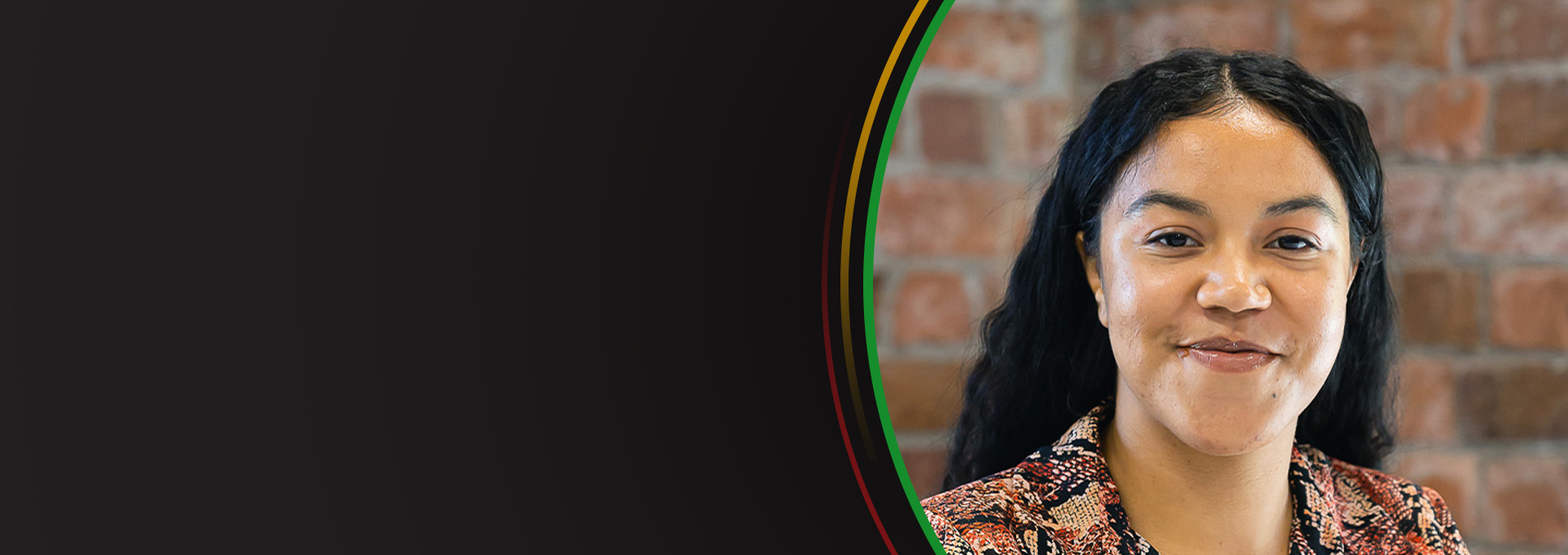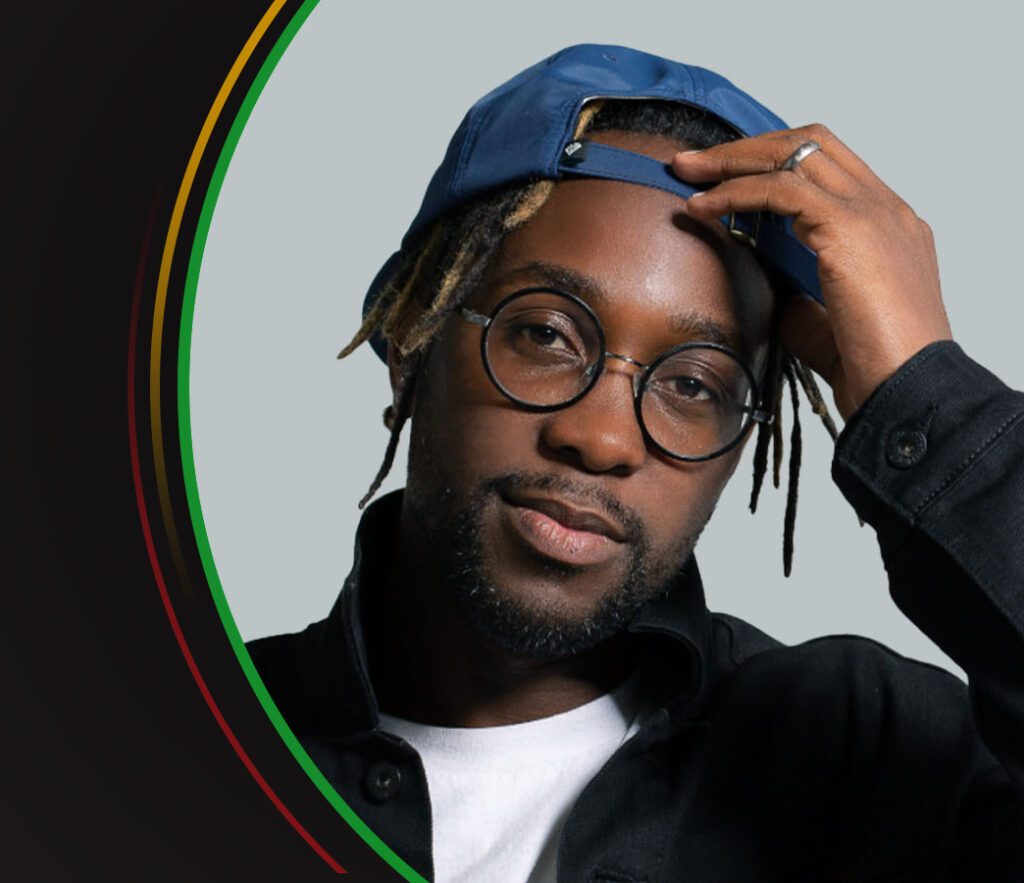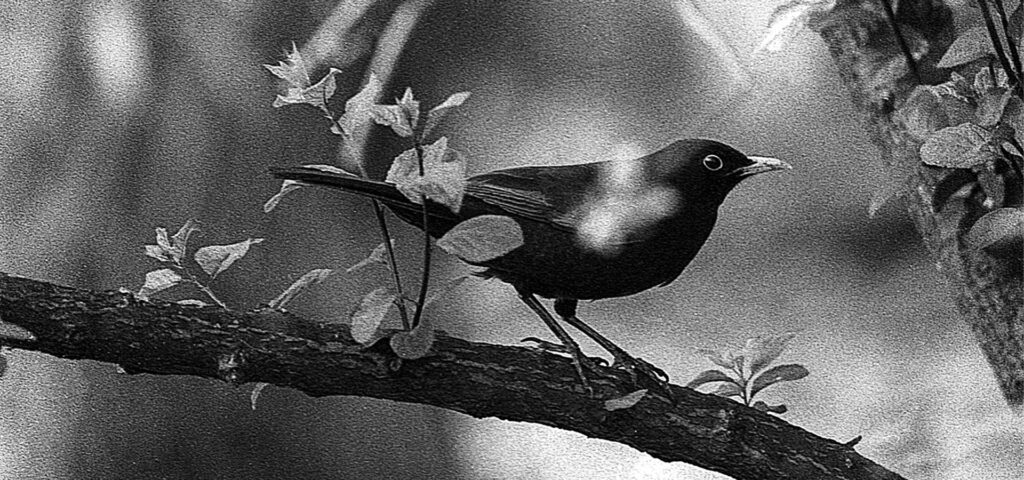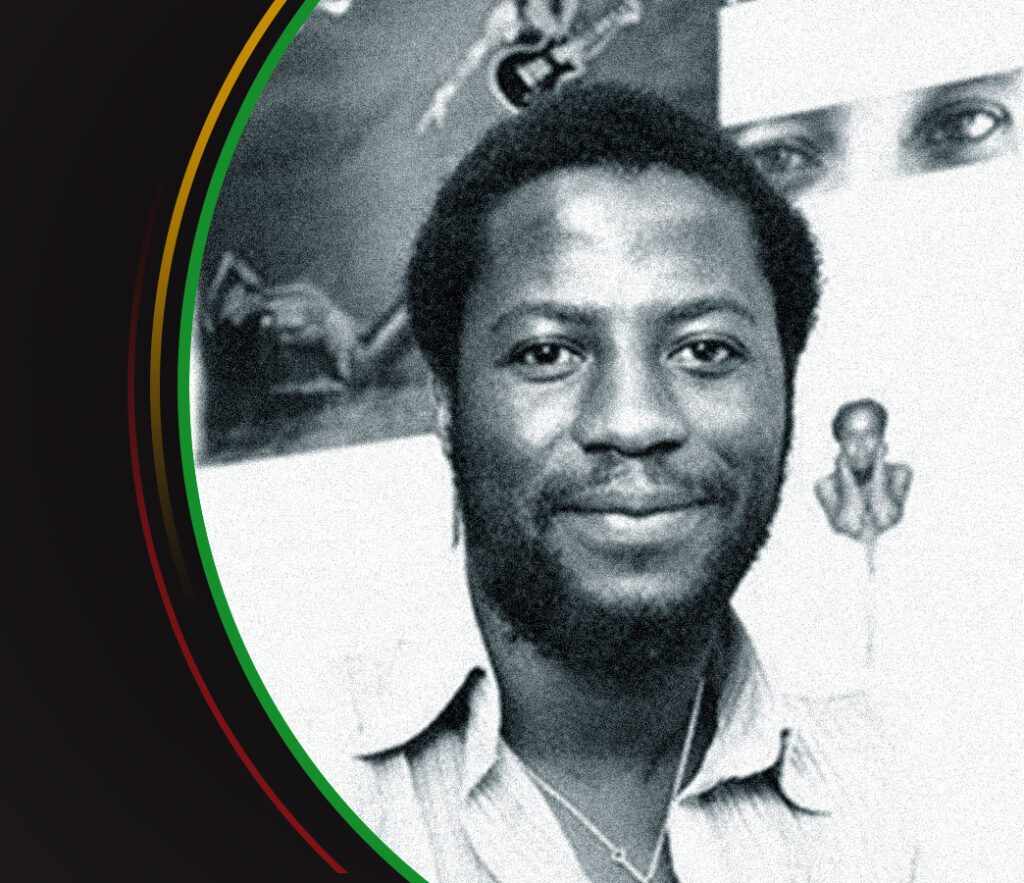The early rock’n’roll influences behind The Beatles’ formative years are well documented, but few accounts give light to the part played by The Beatles in the output of Jamaican music. The works released initially by the Fab Four have strong roots in Memphis music, the trajectory of which African-Americans significantly shaped. The breadth of influence Motown and indie-label soul music had on one of the world’s most commercially successful bands is immense, and the group’s sheer affection for R&B is evident in the entirety of their early catalogue – a sound which, by that point, had already been mastered by Black American trailblazers such as Little Richard and Arthur Alexander.
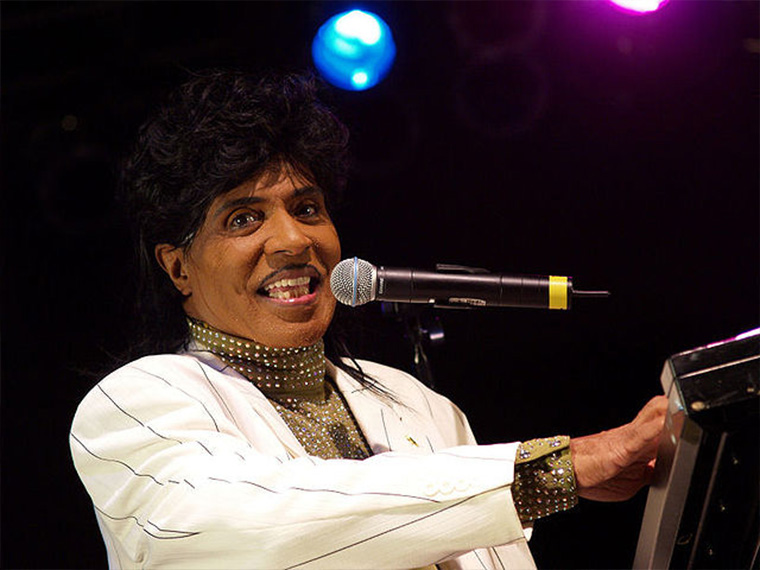
Little Richard in 2007.
Such early influence led The Beatles to their coming-of-age in Hamburg during the early 60s, where they transitioned from covering big name artists such as Ray Charles, King Curtis and Chuck Berry to playing their own songs. Eventually, this led to sharing a stage with one of their biggest influences, Little Richard. Hamburg would come to represent the moment when The Beatles began to cement themselves as live performers; it was, after all, where they cut their teeth learning how to play live R&B and rock’n’roll.
They also crossed paths with Billy Preston around this time as he was working with Little Richard, amongst other members of his backing band – most of which are now of notoriety. Preston’s influence was significant and, skipping forward to the end of the 60s, The Beatles had seen much success but were almost on the brink of splitting up. Preston’s initiation into the group would change them for the better, however, and cut the ice that was palpable between the members at the time, particularly Harrison. They started recording with him the material that ended up on both the White album and Abbey Road, injecting soul and solidifying their already growing legacy.
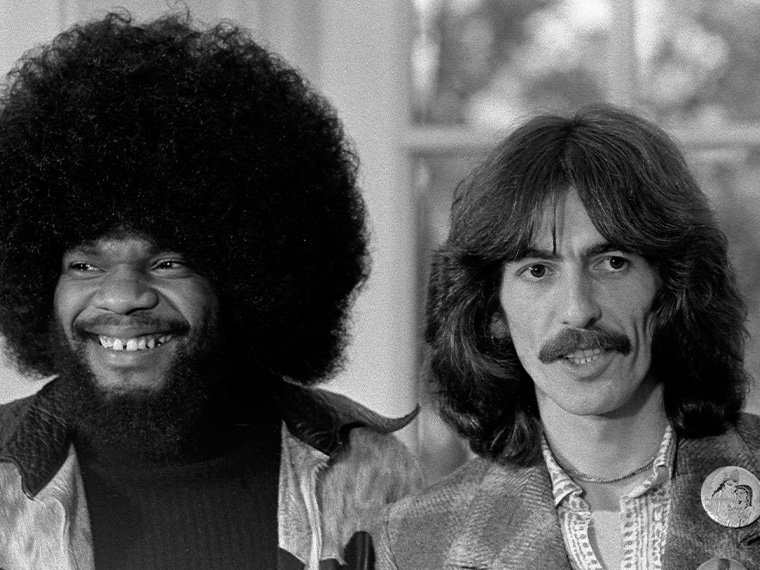
Billy Preston pictured with George Harrison in 1974.
The British Invasion, the swinging sixties. From Carnaby Street London to Greenwich Village in New York, African-American musicians were at the centre of influence during this time. It was only The Beatles that flipped this narrative on its head so to speak, and a huge selection of Black superstars celebrated The Beatles by creating exceptionally funky and groovy cover versions.
Take the case of George Benson, considered by many as the GOAT of jazz guitar and who only waited a few weeks after The Beatles released Abbey Road to start laying down a cover, as well as mimicking the iconic image of the road crossing on the front cover. Another instance being The Supremes who in their album, titled A Bit Of Liverpool, covered “I Want To Hold Your Hand”, “Can’t Buy Me Love” and “A Hard Day’s Night”. These examples demonstrate how soul artists began to use The Beatles as a springboard to further success by covering their popular songs – respectfully tipping their hats while also undoubtedly using the group indirectly to generate record sales.
One lesser discussed fact is that The Beatles had an impact just as significant on the Jamaican music scene. In the same way that Motown were pumping out homages to the Fab Four, Jamaica was also tuning into their mass appeal. Lots of reggae, ska and rocksteady albums released from the very start of Beatlemania feature some choice Beatles versions.
Injecting these into the British market were legendary London-based Jamaican music importers, Trojan Records (responsible for major artists such as Jimmy Cliff, Toots & The Maytals and Desmond Dekker to name a few). It’s no accident that Beatles versions featured heavily on their releases, as this played cupid to the love affair between Jamaican music and British youth-culture. This was a truly iconic record label attempting to continue its pattern of making chart history by securing a place at the top for its artists.
The best Reggae Beatles covers
B.B.Seaton – Eleanor Rigby
Taken from the Trojan Beatles Tribute Box Set – a limited edition British pressing of Jamaican artists covering Beatles records – this rootsy reggae track recalls the dark themes of Eleanor Rigby but manages to uplift it with brilliant, uplifting harmonies and riding minor chords.
Anonymously Yours – Get Back
“This take has all the moreish elements of a perfect dancefloor version,” Elliot Hutchinson, sales manager at Bold Street’s Dig Vinyl, says, “combining traditional steel and rocksteady-ska rhythm whilst staying true to the original atmosphere of The Beatles! Dancers love the element of surprise when hearing the first drop in. [It’s] a highly sought-after record for all the right reasons.”
Dandy – Yesterday
This goosebump initiating version features Dandy Livingstone mimicking the exact singing style of McCartney but with a quivering patois. My favourite line is the slight stray from the lyrics in which he says “why did she have to go, I don’t know what the little girl didn’t say”.
Prince Buster – All my Loving
Late-60s dark ska fire from the one and only Prince Buster, with a haunting ska version of All My Loving.
Marcia Griffith – Don’t Let Me Down
Highly regarded as the female reggae version of Don’t Let Me Down and featured on a fairly overlooked album of originals and covers, this is a party classic. The smooth pouring of her vocals on the warm backing track resonates forever!
Bryon Lee & The Dragonaires – B1. Live & Let Die
A take on the main theme song behind the 1973 James Bond film, Live and Let Die, with a reggae-style middle 8th (skip to 1:33). But what about hearing the whole song in that style?
Willie Lindo – Norwegian Wood (This Bird Has Flown) (aka A Darker Shade of Black)
A rootsy, rocksteady instrumental take with shivering liquid guitar and a heavy emphasis on George Harrison’s signature style.
Glen Adams – I Want To Hold Your Hand
This 1968 version is by Jamaican multi-talent, Glen Adams, who, having resided in Brooklyn since the mid-1970s, executes this record with an early reggae style.
Blackbird – The Paragons & Rosalyn Sweat
Singing Blackbird like you’ve never heard it, The Paragons and Rosalyn Sweat truly uplift us with great harmonies in this 1973 reggae release.
The Black Beatles – Reggae And Shout
This 1970 version released on Pama records is not to be missed. Though not a Beatles original in the first place but by the Isley Brothers, apparently Derrick Morgan recorded this in a London studio with the Mohawks band and two of his friends named themselves The Black Beatles!
Dandy Livingston & The Israelites – Come Together
This 1969 rendition features spaced out sounds with toasting elements that make it energetic and danceable to no end.
– Iona Fazer
Iona Fazer is a Junior Marketing Assistant with an MA in Cities, Culture and Creativity. Based in Liverpool, she contributes to the creative scene as an all round media artist; poet, vocalist, compere, radio host, writer and content creator.
